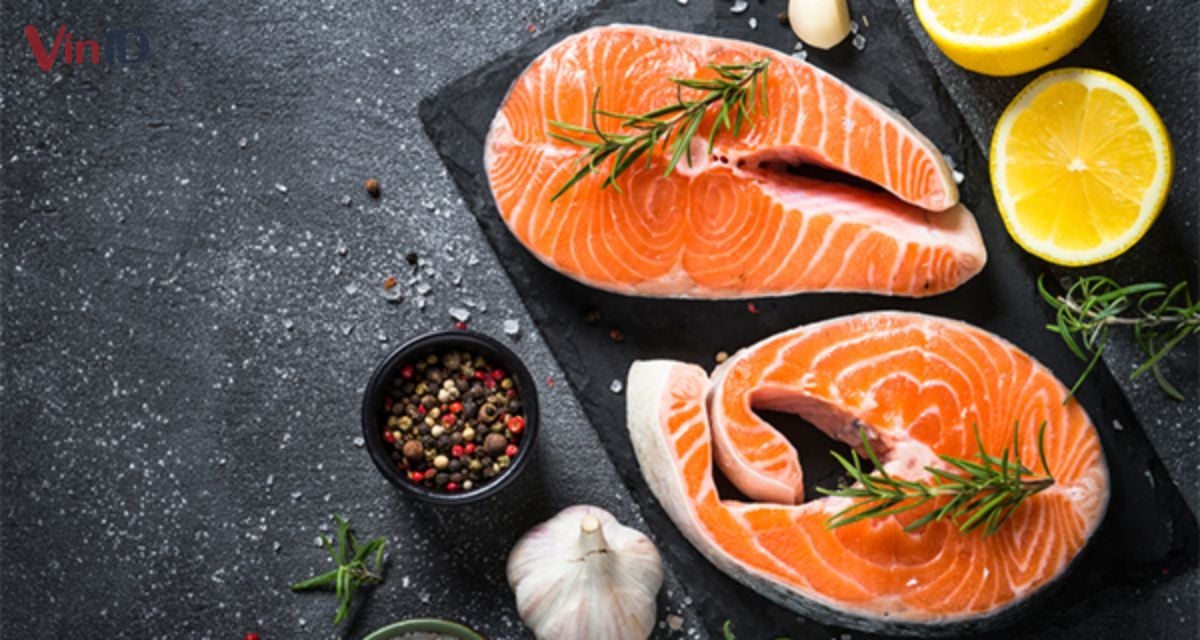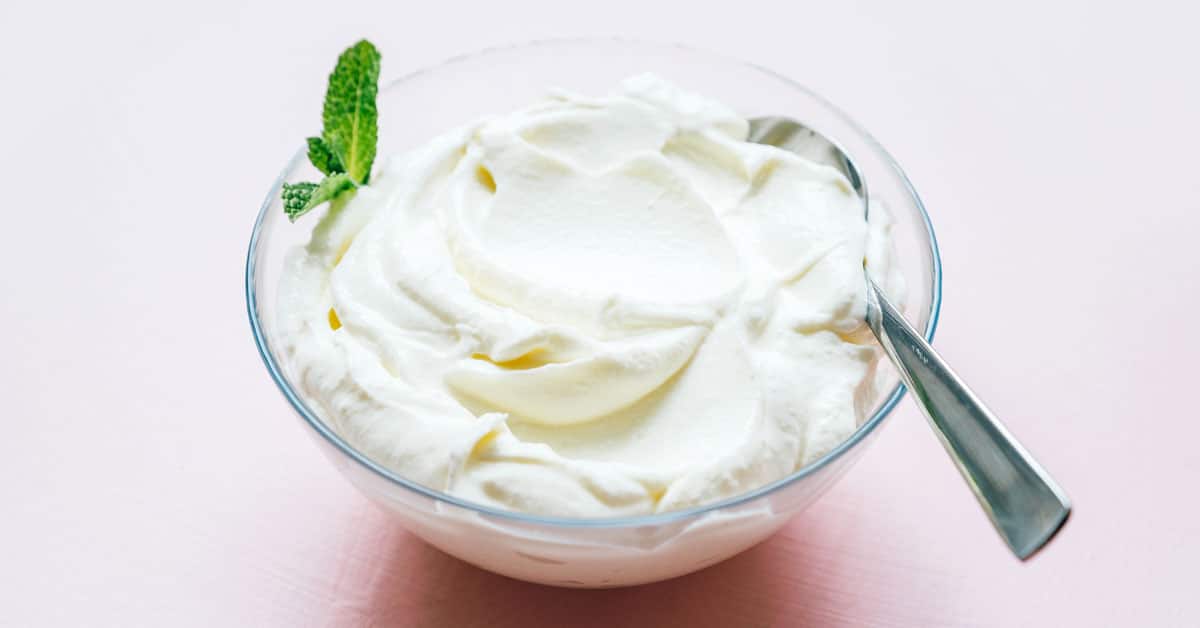Welcome to this post on the top 7 foods high in lean protein for heart health. Eating a diet that is high in lean protein can be incredibly beneficial for your heart health, as it can help to reduce your risk of heart disease and promote overall cardiovascular health. In this post, we will explore 7 of the top foods that are rich in lean protein and are excellent choices for a heart-healthy diet. From chicken breast to lentils, we will cover a range of protein sources that are both delicious and nutritious. So, whether you're looking to improve your heart health or simply want to add some more protein to your diet, this post is for you. So, let's get started!.
1, Chicken breast.
Chicken breast is a fantastic source of lean protein that is low in saturated fats and high in essential amino acids. Essential amino acids are those that the body cannot produce on its own, and so they must be obtained from the foods we eat. Protein is essential for building and repairing tissues in our body, and chicken breast is an excellent way to get it.
A 3-ounce serving of grilled chicken breast contains approximately 26 grams of protein, which is more than half of the recommended daily intake for an adult. This high protein content makes chicken breast an ideal food choice for those looking to build and maintain muscle mass, as well as for those who lead an active lifestyle.
Moreover, chicken breast is a versatile protein source that can be incorporated into a wide range of dishes, from salads to stir-fries. You can bake, grill, or roast it, making it an easy and delicious addition to any meal.
In conclusion, chicken breast is a healthy and delicious way to add lean protein to your diet. With its low-fat content, high protein, and versatility in cooking, it's no wonder that chicken breast is a popular choice among health-conscious individuals.
2, Fish.
especially fatty fish like salmon, tuna, and mackerel, are excellent sources of lean protein and omega-3 fatty acids. Omega-3 fatty acids are essential fats that our body cannot produce, and so they must be obtained from the foods we eat. These healthy fats have been shown to lower the risk of heart disease, reduce inflammation, and support brain health.
A 3-ounce serving of cooked salmon contains approximately 22 grams of protein, making it an excellent protein source. Additionally, salmon is a great source of vitamin D, which is essential for bone health and has been shown to improve immune function.
Incorporating fish into your diet is a great way to support overall health and wellness. By adding fatty fish like salmon, tuna, and mackerel to your meals, you can increase your intake of healthy fats and lean protein while reducing your risk of heart disease. So, whether you're enjoying grilled salmon with a side of vegetables or adding tuna to your salad, know that you're doing something great for your body.
3, Beans.
Beans are an excellent source of lean protein and fiber, which can provide numerous health benefits. Eating a diet that is high in fiber has been shown to help lower cholesterol levels and reduce the risk of heart disease.
Beans are particularly beneficial because they contain both soluble and insoluble fiber. Soluble fiber helps to lower cholesterol levels by binding to bile in the digestive tract and removing it from the body, while insoluble fiber helps to regulate digestion and prevent constipation.
A half-cup serving of cooked black beans contains approximately 7 grams of protein, which makes them an excellent source of plant-based protein. Additionally, beans are low in fat and calories, making them an ideal food choice for those who are looking to maintain a healthy weight.
Incorporating beans into your diet is easy, as they can be added to salads, soups, stews, and even used as a meat substitute in many recipes. So, whether you're enjoying a bowl of black bean soup or adding some kidney beans to your salad, know that you're doing something great for your heart health.
4, Greek yogurt.
Greek yogurt is a nutritious and delicious source of lean protein that can benefit your overall health. Unlike regular yogurt, Greek yogurt is strained, removing much of the liquid whey and lactose, which makes it thicker and creamier.
Greek yogurt is a rich source of protein, probiotics, and calcium. A 6-ounce serving of Greek yogurt contains approximately 17 grams of protein, making it an excellent choice for a protein-rich breakfast or snack. Protein is essential for building and repairing tissues in the body, making it a crucial nutrient for overall health and wellness.
Probiotics, on the other hand, are beneficial bacteria that live in the gut and help to support a healthy digestive system. Greek yogurt contains live and active cultures of probiotics, which can help to improve gut health and boost the immune system.
Finally, Greek yogurt is an excellent source of calcium, which is essential for healthy bones and teeth. A 6-ounce serving of Greek yogurt can provide up to 20% of the daily recommended intake of calcium.
Overall, incorporating Greek yogurt into your diet can be a great way to add lean protein, probiotics, and calcium to your meals. You can enjoy Greek yogurt on its own or use it as a substitute for sour cream or mayonnaise in recipes to make them healthier and more nutritious.
5, Lentils.
Lentils are a nutrient-dense food that is high in fiber, protein, and antioxidants, making them an excellent addition to a heart-healthy diet. Lentils are a type of legume that comes in many different varieties, including brown, green, and red.
A half-cup serving of cooked lentils contains approximately 9 grams of protein, which is about the same amount of protein as an egg. Lentils are also a great source of dietary fiber, with a half-cup serving providing about 8 grams of fiber, which is about one-third of the daily recommended intake for adults.
In addition to protein and fiber, lentils are rich in antioxidants, which can help to reduce inflammation and protect against chronic diseases such as heart disease, diabetes, and cancer. Lentils are also low in fat and calories, making them a great food choice for those looking to maintain a healthy weight.
Lentils can be used in a variety of recipes, including soups, stews, salads, and even veggie burgers. They are easy to prepare and can be cooked in as little as 20 minutes. So, whether you're adding lentils to your favorite soup or making a lentil salad for lunch, know that you're doing something great for your heart health.
6, Tofu.
Tofu is an excellent plant-based source of lean protein that is low in fat and calories, making it an ideal food choice for those who are looking to reduce their meat consumption or follow a vegetarian or vegan diet.
A 3-ounce serving of tofu contains approximately 7 grams of protein, which makes it a great source of protein for vegetarians and vegans. Tofu is also rich in other essential nutrients, such as iron, calcium, and magnesium, making it a highly nutritious food.
One of the main benefits of tofu is its versatility. It can be used in a variety of recipes, from stir-fries and curries to smoothies and desserts. Tofu can be cooked in different ways, such as grilling, baking, sautéing, or frying, to suit different tastes and preferences.
Tofu is also a great source of isoflavones, which are plant-based compounds that can help to lower cholesterol levels, reduce the risk of heart disease, and improve bone health.
Overall, incorporating tofu into your diet can be an excellent way to add plant-based protein to your meals, while also reaping the many health benefits of this highly nutritious food.
7, Turkey breast.
Turkey breast is a popular lean protein source that is low in fat and high in protein, making it a great food choice for those who are looking to maintain a healthy weight or build muscle.
A 3-ounce serving of cooked turkey breast contains approximately 26 grams of protein, which is about half of the daily recommended intake of protein for adults. Turkey breast is also low in fat, particularly saturated fat, which is a type of fat that can increase cholesterol levels and the risk of heart disease.
In addition to being a great source of protein, turkey breast is also rich in essential nutrients, such as vitamins B6 and B12, niacin, and selenium. These nutrients play important roles in the body, such as supporting the immune system, maintaining healthy skin, and regulating energy levels.
Turkey breast is a versatile food that can be used in a variety of recipes, such as sandwiches, salads, and stir-fries. It can be cooked in different ways, such as roasting, grilling, or poaching, to create a range of flavors and textures.
When buying turkey breast, it's important to choose lean cuts that are low in sodium and free from preservatives or additives. You can also opt for organic or pasture-raised turkey, which are more sustainably raised and tend to have higher nutrient content.
Overall, turkey breast is a delicious and nutritious food that can be a valuable addition to a healthy and balanced diet.
Thank you for watching this post on the top 7 foods high in lean protein for heart health. Incorporating these foods into your diet can help to promote heart health, reduce your risk of heart disease, and keep you feeling your best. Remember, it's always best to consume a variety of protein sources to ensure that you're getting all the essential amino acids your body needs. So, whether you're enjoying a grilled chicken breast, a piece of salmon, or a bowl of lentil soup, know that you're doing something great for your heart and your overall health. If you enjoyed this post, please like and share it with your friends and family. And, don't forget to subscribe to our channel for more posts on health and wellness. Thank you again for watching, and we'll see you in the next one!
:max_bytes(150000):strip_icc()/231449_Baked_Split_Chicken_Breast_mfs-334-3-caf134edd2d240e4947d3015da78e429.jpg)



:max_bytes(150000):strip_icc()/what-to-do-with-lentils-FT-BLOG0420-4085e7e5a4c54906a07dee01ad220576.jpg)
:max_bytes(150000):strip_icc()/Simply-Recipes-Guide-to-Tofu-LEAD-03-b061d09a0d434bb38ddac0c7017829ab.jpg)
:max_bytes(150000):strip_icc()/southern-living-RoastedTurkeyBreast-130-step5-beauty-4x3_preview-70678b8f1855445ebed7613dfcde40c2.jpg)
Comments
Post a Comment